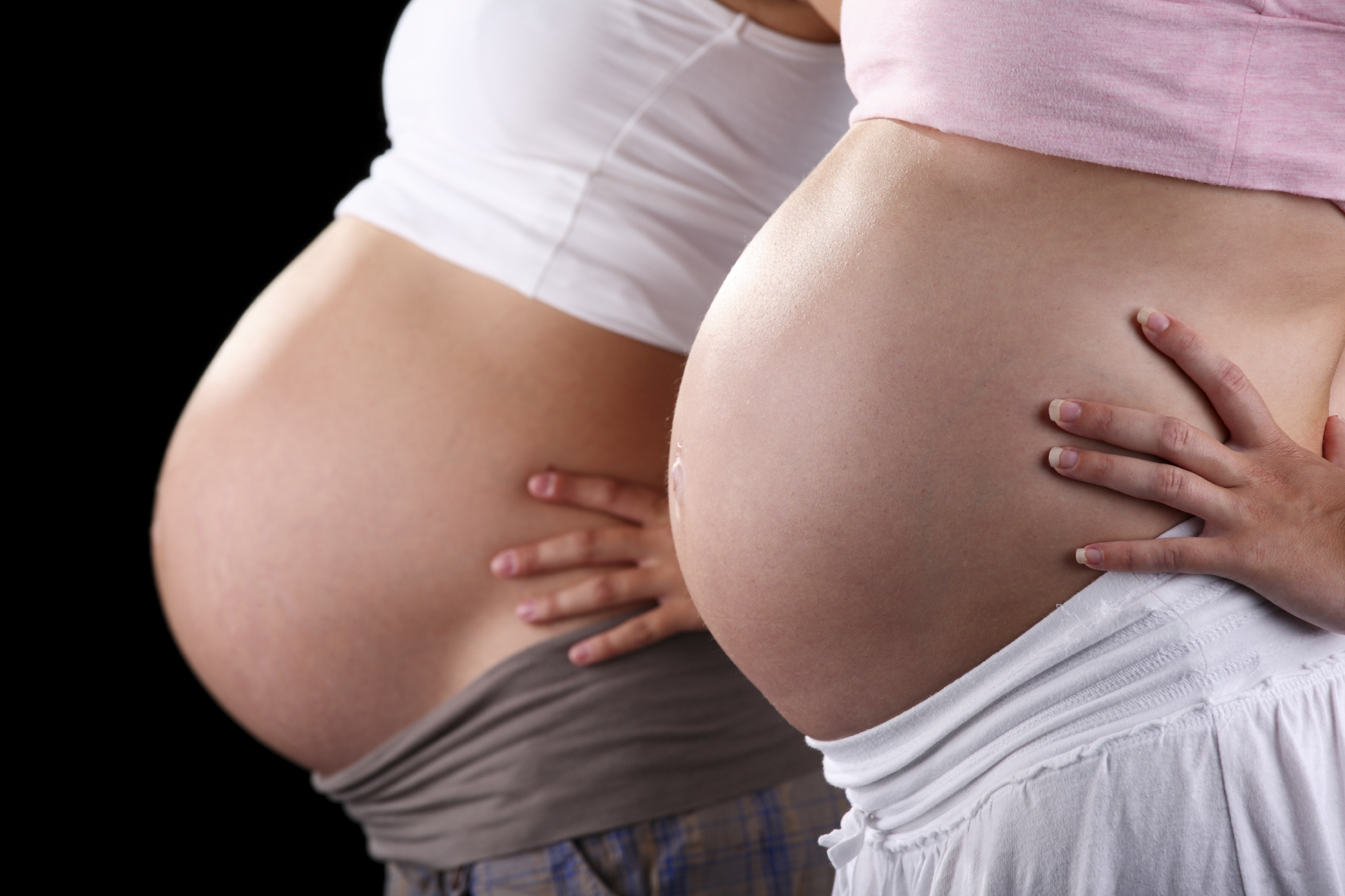Many European States ban surrogacy and non-European countries that authorise it are tending to limit or even prohibit it. The European Parliament condemned this practice in its report on human rights and democracy in December 2015. “However, with total discretion, two international organisations have decided to comment on the subject in the explicit attempt to regulate this practice… despite the inherent risk of exploitation and the reality of human markets that have already been created, such as the ‘surplus’ children sold in India”.
On 15 March 2016, the Council of Europe will vote on the report entitled “Human rights and ethical questions relating to surrogacy”. Ms. Sutter[1], author of the report and Belgian gynaecologist (see Europe: the conflict of interest regarding surrogacy issues is not upheld against Petra de Sutter), will probably advise the Council to vote in favour of ethical surrogacy and a non-restrictive recommendation will be given to Member States.
The issue may be passed to the Hague Conference, an international intergovernmental organisation responsible for unifying legislation governing international private law. Over the last 5 years, the Conference has been working on a new instrument focusing on “International private law issues relating to the status of children, especially those arising from international surrogacy agreements” where there is no distinction between ethical or commercial surrogacy. A desire to co-ordinate the approaches of the 2 bodies regarding this subject has been witnessed. Regrettably, the persons consulted and heard are professionally interested in harmonising international legislation. “ The Hague Conference is not focusing on the compatibility of surrogacy and human dignity but views this as a set practice operating according to different legislation from one country to the next and posing problems for the parties involved because of those differences”.
In its 2012 preliminary report, the 2012 Conference Bureau traced surrogacy back to the Bible, “viewed in this respect as a source of international private law”when Abraham turned to a female servant to provide him with heirs as his wife was sterile. “The authors of the report do not appear at any time to question themselves on the relevance of using the example of a ‘female servant’ given by the mistress to the master. They are not concerned about rape, servitude, forced pregnancy and the impact on a child separated from his/her mother. This is not an anachronism or just a blunder but total indifference to the fate of women and children perceived as pawns in terms of human rights”.
The contribution of feminist European associations and the defence of human rights has not been highlighted “to show that recourse to surrogacy is tantamount to exploitation which contravenes human rights”. The opinion of the European Parliament, a full member of the Hague Conference, has been overlooked: Why? For the benefit of whom?
[1] Ms. de Sutter[1], a Belgian gynaecologist, works with surrogate mothers in Belgium where surrogacy is deemed to be ethical because it is not remunerated. She also works with an Indian commercial surrogacy clinic – a practice which contravenes the Council of Europe.
Le Figaro (Anna-Luana Stoicea-Deram) 7/03/2016

